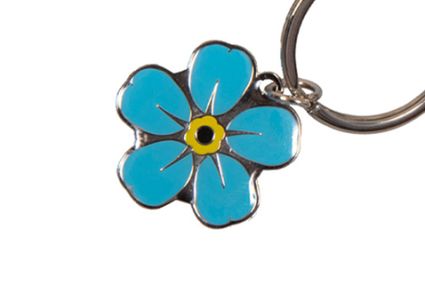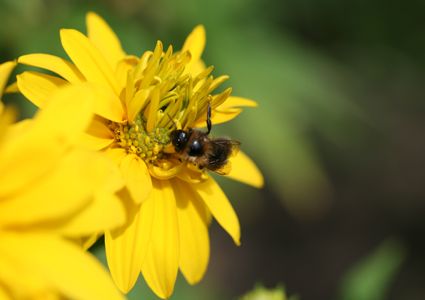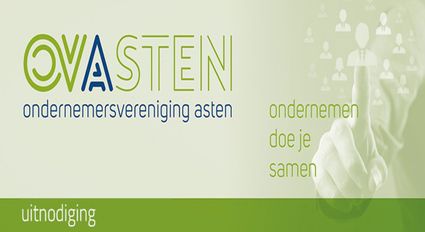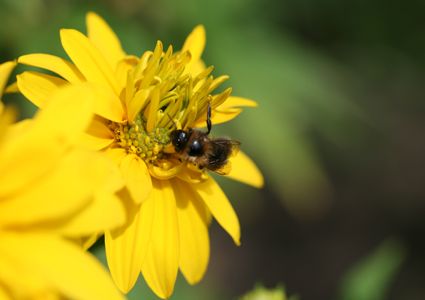Culinary heritage lecture
Neem contact op
Otterweg 2729
5741BC Beek en Donk Plan your route
from your location
Heemkundekring De Lange Vonder holds a lecture on culinary heritage in the Ontmoetingscentrum. This lecture will be given by Ineke Strouken.
Why does the average Dutch person know more than four stamppotten and eat pea soup in winter? Why do Dutch people love sa…
Heemkundekring De Lange Vonder holds a lecture on culinary heritage in the Ontmoetingscentrum. This lecture will be given by Ineke Strouken.
Why does the average Dutch person know more than four stamppotten and eat pea soup in winter? Why do Dutch people love salty herring and salty liquorice, while abroad they are disgusted by them? Why do kingsingers go door-to-door on 6 January in various places in Brabant? It all has to do with culinary history. Now it is normal to have enough to eat all year round and to be able to buy fresh vegetables even in winter. Yet it was only over a hundred and twenty years ago that hunger ended with the invention of preserving. Before then, people were busy all summer to have enough food in winter. And also food that kept for a long time. Filling the cellar was an intensive task that had to be finished by St Martin's Day (11 November). Drying, smoking, pickling, ensiling, putting under fat or on acid, candying were preservation methods every woman knew.
The culinary history has everything to do with what meat/fish and vegetables were available, in what way they could be preserved and what methods they had to prepare them. After all, you cook on an open fire very differently from the cooker that made its appearance in the nineteenth century. Much of the food that has become common has a historical story: the cheese sandwich, the rusk with mice, chips with mayonnaise, a Brabant sausage roll, a cup of coffee with a biscuit. All these stories Ineke will tell in her lecture on culinary heritage.
Ineke Strouken was director of the Netherlands Centre for Folk Culture, later Kenniscentrum Immaterieel Erfgoed Nederland, for 32 years. From 1998 to 2011, she was editor-in-chief of the magazine ‘Traditie’. Ineke Strouken was behind the UNESCO Convention on Intangible Heritage that the Netherlands signed in 2012. Through books, articles and radio broadcasts, she talks about the (historical) backgrounds of our traditions.
Prices
- Non-members €2.50











